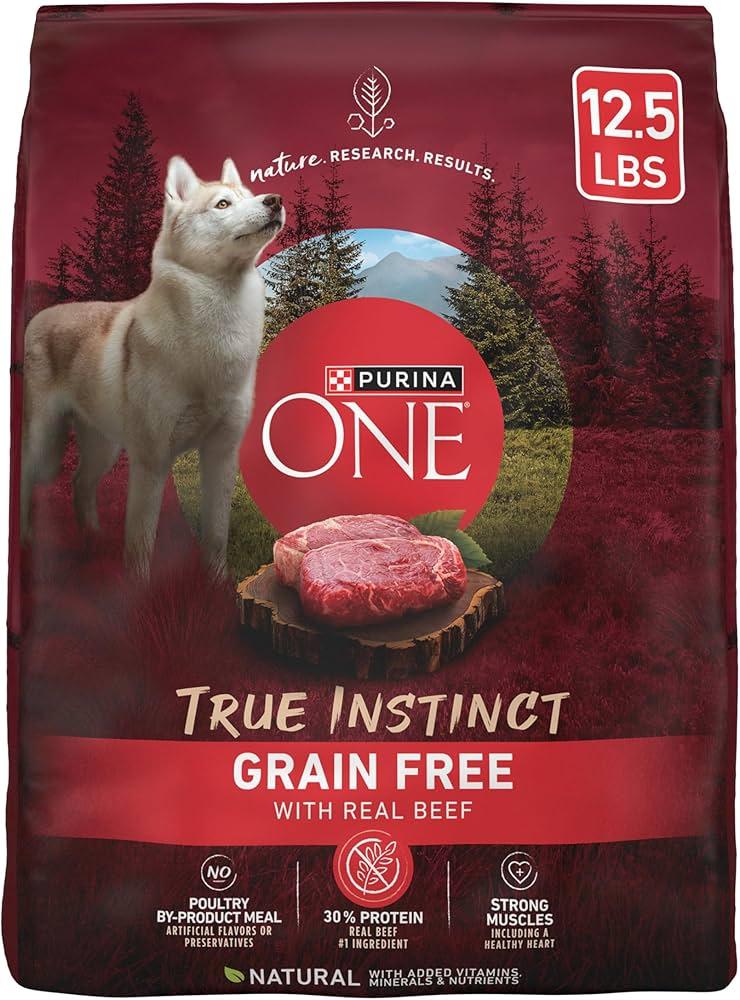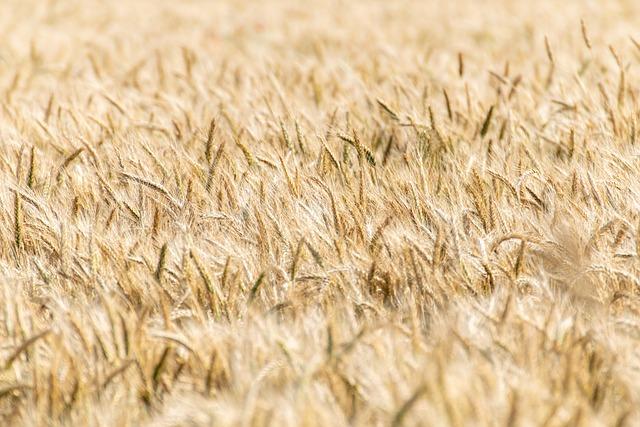Choosing the right diet for your beloved canine companion can feel like navigating a maze of endless options and opinions. Among the various dietary choices, grain-free diets have garnered significant attention, sparking both curiosity and debate among pet owners and veterinarians alike. If you’re considering whether a grain-free diet might be the best option for your furry friend, it’s essential to weigh the potential benefits and drawbacks. In this article, we’ll explore the ins and outs of grain-free diets for dogs, providing you with the information needed to make an informed decision. Let’s embark on this journey to ensure your dog’s diet supports a happy, healthy life.
Understanding Your Dogs Nutritional Needs
When considering dietary options for your beloved canine, understanding the core components of their nutrition is essential. Dogs, like humans, require a balanced diet to maintain optimal health. Proteins, fats, carbohydrates, vitamins, and minerals are all crucial elements that contribute to their well-being. Grains have traditionally been a part of commercial dog food, providing carbohydrates and essential nutrients. However, some dogs may develop sensitivities or allergies to certain grains, prompting pet owners to explore grain-free alternatives.
Grain-free diets can be beneficial for dogs with specific allergies or digestive issues. These diets often substitute grains with ingredients like sweet potatoes, peas, or lentils. Consider the following when evaluating if a grain-free diet is suitable for your dog:
- Consult with your veterinarian to assess any allergies or digestive concerns.
- Monitor your dog’s health and behavior when transitioning to a new diet.
- Ensure that the grain-free food is balanced and meets all nutritional needs.
- Pay attention to the protein source, as it should be high-quality and appropriate for your dog’s age and activity level.

Evaluating the Benefits and Risks of Grain Free Diets
When considering a grain-free diet for your canine companion, it’s essential to weigh the potential benefits and risks. Benefits often cited by proponents include:
- Improved Digestion: Many pet owners report that their dogs experience less bloating and gas when grains are eliminated from their diet.
- Healthier Skin and Coat: Some dogs with grain sensitivities may show improvements in skin health and coat shine.
- Increased Energy Levels: Grain-free diets can sometimes lead to higher energy levels, especially in active dogs.
However, it’s equally important to be aware of the risks associated with these diets:
- Nutritional Imbalance: Without grains, some diets may lack essential nutrients unless carefully formulated.
- Potential Heart Issues: Recent studies have linked grain-free diets to heart problems, such as dilated cardiomyopathy, in certain breeds.
- Cost: Grain-free options can be more expensive, which might not be feasible for every pet owner.
Ultimately, the decision should be based on your dog’s specific health needs and in consultation with your veterinarian to ensure a balanced and beneficial diet.

Choosing the Right Ingredients for Your Canine Companion
When curating a nutritious diet for your furry friend, understanding the essentials of ingredient selection is key. A balanced diet doesn’t only fill their bowl but fuels their adventures. Quality proteins such as chicken, beef, or fish should be the primary focus, providing the necessary amino acids for muscle growth and maintenance. Ensure these proteins are lean and sourced ethically, supporting not only your dog’s health but also environmental well-being.
- Healthy Fats: Incorporate sources like fish oil or flaxseed, which are rich in Omega-3 and Omega-6 fatty acids, promoting a shiny coat and healthy skin.
- Fruits and Vegetables: Add variety with carrots, blueberries, and sweet potatoes, offering antioxidants and essential vitamins.
- Supplements: Consider adding glucosamine for joint support, especially for aging dogs or those prone to arthritis.
Choosing the right ingredients is more than just filling a nutritional quota—it’s about understanding your dog’s unique needs and preferences. Always consult with a veterinarian to tailor a diet that supports their lifestyle, age, and any specific health concerns.

Consulting with Your Veterinarian for Personalized Advice
Every dog is unique, with individual nutritional needs and health considerations. Consulting your veterinarian can provide you with tailored advice that takes into account your dog’s specific health status, age, breed, and lifestyle. Your vet will consider various factors such as:
- Allergies or sensitivities: Identifying any adverse reactions to grains or other ingredients.
- Medical conditions: Conditions like diabetes or obesity might require specific dietary adjustments.
- Nutritional balance: Ensuring your dog’s diet meets all necessary nutritional requirements.
Your vet’s guidance is invaluable, especially when considering a grain-free diet, which might not be suitable for every dog. They can help you weigh the benefits and potential risks, ensuring your furry friend receives the best care possible.

